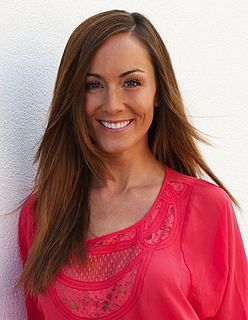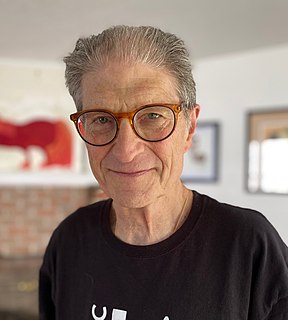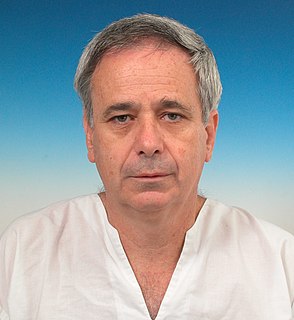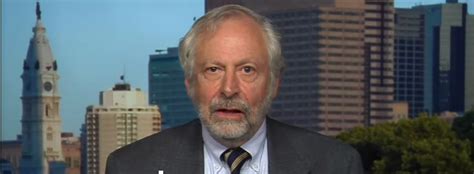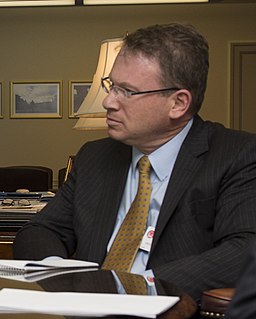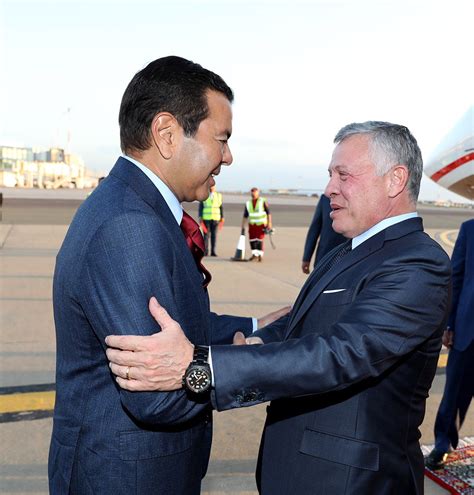Top 1200 Middle East Quotes & Sayings
Explore popular Middle East quotes.
Last updated on April 14, 2025.
There is a real need to construct a different Middle East. The Middle East must change because the world has changed. And instead of oppositional armies that are fighting usually one against another, now we have a net of terrorists that are trying to destroy everything. They are not two; they are hundreds.
Sadly, a U.S. invasion of Iraq 'would threaten the whole stability of the Middle East' - or so Amr Moussa, secretary-general of the Arab League, told the BBC on Tuesday. Amr's talking points are so Sept. 10: It's supposed to destabilize the Middle East. The stability of the Middle East is unique in the non-democratic world and it's the lack of change in Iraq, Iran, Saudi Arabia, Syria, Egypt that's turned them into a fetid swamp of terrorist bottom-feeders.
I don't believe in the theory that the United States is reducing its presence in the Middle East. Quite the contrary, in the Gulf, we see an increase in American military presence, as well as an increase in American investments. The argument is more accurate when one says America is focusing more attention to the Far East. But I don't believe it comes at the expense of the Middle East.
There's kind of a hidden point which isn't being brought out, and that is that it is inconceivable that the U.S. would permit democracy in the Middle East, and for a very simple reason. Just take a look at polls of Arab public opinion. They exist. You can't find them in the press, but they exist from prestigious polling agencies. Released by major institutions. And what they show is that if there was democracy in the Middle East, the entire U.S. program for domination of the Middle East would be down the tube.
Absorbing. . . . Scrupulously reported . . . illuminates today’s Middle East. . . . The ‘least interventionist of any modern president,’ the father of the Eisenhower Doctrine that still defines US policy in the Middle East . . . in 1956 battled demons in bodies personal and politic and in the desert – and prevailed. Nichols’ book, written lean enough to allow the facts to speak for themselves, makes for exciting history.
Unless this [Barack Obama] American administration is willing to diverge from the conventional American policy in the Middle East by changing its basic attitudes on crucial questions, foremost of them Palestine, and support genuinely the rights of people for independence, sovereignty and identity across the board, the only "resolve" one would hope from the USA is to stay out of the Middle East for a while.
This administration, Barack Obama and Hillary Clinton through their foreign policy, have betrayed the American people, because the weakness they've displayed has led to Putin's incursions in the Middle East and in eastern Europe, and has led - has led to significant problems in the Middle East as well, and the death and murder of lots of folks.
Most Israelis have a sense, 'We just don't want to live in the Middle East anymore. We don't want it to be the Middle East. Were going to just build a wall or operate unilaterally' - not try to even use force as used to be the case to convince Arabs to accept Israel by convincing them that Israel is here to stay and then negotiating.
It's a response from Donald Trump [to the Pope]. It says, "If and when the Vatican is attacked by ISIS..." Their primary thing... You've seen what they've done all over the Middle East. Their primary goal is to get to the Vatican. That would be their ultimate trophy. They want to do what they won't to all of these magnificence artifacts and all of the beautiful museums that they've totally destroyed all over the Middle East, right?
Peace in Syria is not only our priority; it's a Middle Eastern priority, and when the Middle East is stable, the rest of the world is stable, because the Middle East is the heart of the world geographically and geopolitically, and Syria is the heart of the Middle East geographically and geopolitically.
I believe that the Iraqis have an opportunity now, without Saddam Hussein there, to build the first multiconfessional Arab democracy in the Middle East. And that will make for a different kind of Middle East. And these things take time. History has a long arc, not a short one. And there are going to be ups and downs, and it is going to take patience by the United States and by Iraq's neighbors to help the Iraqis to do that. But if they succeed, it'll transform the Middle East, and that's worth doing.
Israel is the American watchdog in the Middle East, and that's why the Palestinians remain victims of one of the longest military occupations. They don't have oil. If they were the Saudis, they wouldn't be in the position they are now. But they have the power of being able to upset the imperial order in the Middle East.
You look at the Koran or the Bible, they all tell the same stories. You see them as the stories of the Middle East. The stories reflect who these people were in the Middle East, and this is where Western culture came from. All our literature is basically influenced by these great myths. So I'm fascinated by it. You could almost say I'm obsessed with it. But if you're asking about the effect of religion on my life - almost everything I do is opposed to the practice of religion.
Israel's democracy is the bedrock on which our relationship stands. It's a shining example for people around the world who are on the frontline of the struggle for democracy in their own lands. Our relationship is also based on our common interest in a more stable and peaceful Middle East, a Middle East that will finally accord Israel the recognition and acceptance that its people have yearned for so long and have been too long denied, a Middle East that will know greater democracy for all its peoples.
I think President Barack Obama came to office with quite fundamental understandings in his mind about what's possible and what's not possible in the Middle East. The first, I would say, revolutionary breakthrough that he introduced is that the Middle East doesn't matter to American geostrategy as much as we think.
So much of what we see and hear about the Middle East focuses on what we call politics, which is essentially ideology. But when it comes to the Middle East, and especially the Arab world, simply depicting people as human beings is the most political thing you can do. And that's why I chose to write about food: food is inherently political, but it's also an essential part of people's real lives. It's where the public and private spheres connect.
Shaking up whole region means that Israel needs the US for its safety and military camps are "flourishing" everywhere in the Middle East. It has been said that Barack Obama is less interested in the Middle East. I don't think so. This mess has been created and maintained. Maybe the US is pretending to be less interested, however, it allows them to take their power back when it comes to security.
I think the public is very reluctant to get involved in more foreign wars, especially in the Middle East. And they understand, implicitly, that we go to war in the Middle East because of oil. And if we don't want to go to war in the Middle East, then we have to do something about the oil problem. And I think that view is gaining ground in the U.S.
For too long, many nations, including my own, tolerated, even excused, oppression in the Middle East in the name of stability. Oppression became common, but stability never arrived. We must take a different approach. We must help the reformers of the Middle East as they work for freedom, and strive to build a community of peaceful, democratic nations.
There are going to be a lot of questions, not just in my country, but across the Middle East. Is Israel going to continue to be "Fortress Israel"? Or, as we all hope, become accepted into the neighborhood, which I believe is the only way we can move forward in harmony. And no matter what's happening in the Middle East - the Arab Spring, et cetera, the economic challenges, high rates of unemployment - the emotional, critical issue is always the Israeli-Palestinian one.
I have for some time now been deeply troubled by the growing difficulties faced by Christian communities in various parts of the Middle East. It seems to me that we cannot ignore the fact that Christians in the Middle East are increasingly being deliberately targeted by fundamentalist Islamist militants.
It was important for me to show that Beirut and Lebanon were once the pearl of the Middle East. Beirut was once called the Paris of the Middle East and to have that feeling of a destroyed place that once was beautiful and glamorous and visually impressive was important. I think it's even sadder to get the feeling that this country, and indeed the whole Middle East, could have been a major force in the world if people would get together and forget about destruction, death and wars. But unfortunately, it's not happening yet.
The last few years I've been doing the Middle East thing, and it's a tough decision whether to go there and try and knock off some events as a European Tour member, this year I think overall looking at my results, I played a little bit better on the West Coast than I have in the Middle East, so that was another determining factor for coming back here to an event that I have had some success in the past.
